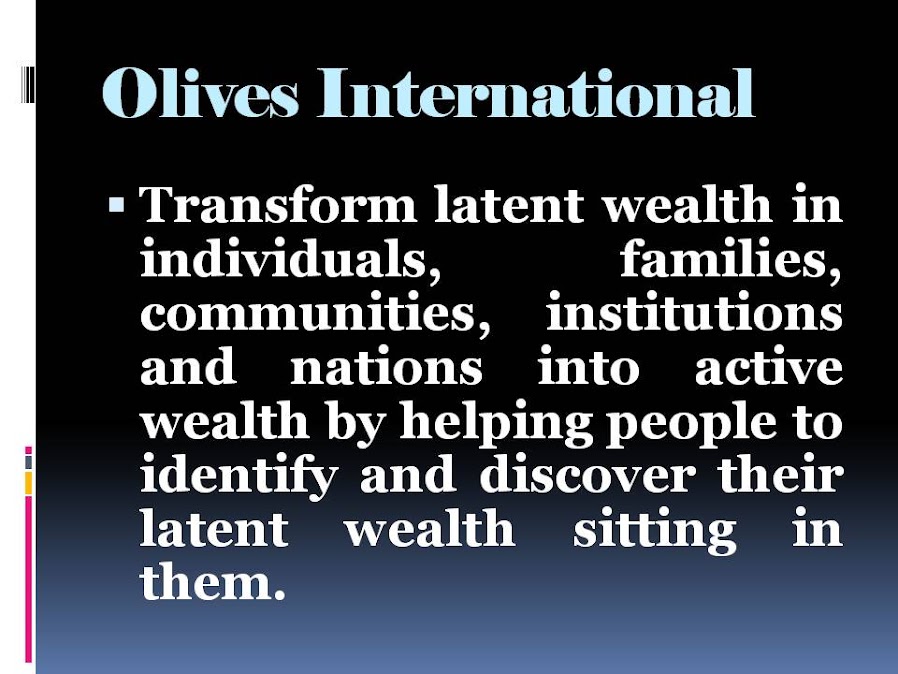Written by Uyoyou Christiana Charles-Iyoha
The Bible records that Esau took his family and other possessions which he had gained in the land of Canaan and moved to Mount Seir a much more spacious land for him, his family members and other possessions because the land of Canaan could no longer contain him and his brother. Both brothers had acquired so many possessions over the course of time that they had so much. Therefore, to avoid contention over resources for their flock, Esau took the wise decision of moving out of Canaan to Mount Seir. Please read Genesis Chapters 33 verse 9 and 6 verses 6 to 9.
Beloved, some questions may arise from all these. Where did Esau short changed twice by his crafty twin brother get the myriad possessions which the Bible records that he gained in Canaan?
Esau was meant to serve Jacob. He had sold his birthright for a plate of pottage and also lost the blessings of the father on account of Jacob’s deception. Yet Esau prevailed in not being enslaved to his brother. Rather, Esau acted on the words his father spoke to him - that he would live by his sword and if he ever became restless, the yoke of serving his brother would be destroyed from his life. Please read Genesis Chapter 27 verses 38 to 40. Esau indeed lived by his sword – hunting animals and also warring. This is because the Bible records that he had four hundred men with him when he went to meet Jacob. To have four hundred men at one’s command in the days of Esau and even now is no mean feat. It is a great achievement. Even Jacob who had the birthright and who also had the blessings did not have that number of men.
The implication is that Esau had worked very hard and smart with his sword to rise to the level of commanding four hundred men and even more. This is because he must have left some men to take care of the women, children and flock. Esau was a successful man. He had become a leader and he was also wealthy. How, you may ask?




